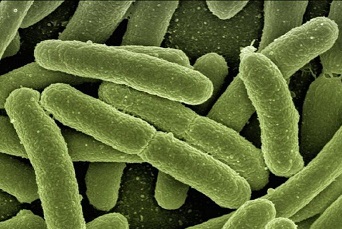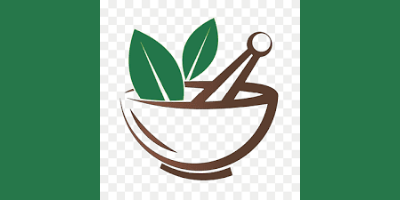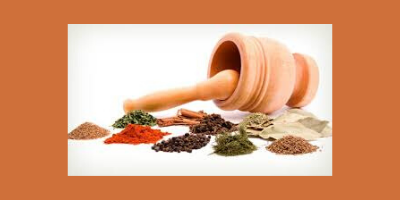What we weren't told was why they were good for us. Sure, the apple kept the doctor away but we've now come to realise that no amount of apple eating was ever going to stop us from catching the flu or cold.
But there is a lot of truth to what mum was trying to tell us. Here's a list of fruits we eat frequently and how they benefit us.
Apples
Apples, known as a cleansing food, contain fibre, antioxidants and fruit flavonoids. The most important of the flavonoids contained in apples is quercetin, which has anti-inflammatory as well as anti-cancer actions. Apples contain vitamin C as well – more so in green apples than in red ones. Apples can reduce blood cholesterol levels, counter constipation and diarrhoea, help joint problems and help prevent diseases in general.
How many apples should you eat?
Apples can be eaten freely, but more than two or three a day does not increase the health benefits. Large quantities of apple juice can encourage tooth decay and diarrhoea.
Apples are best eaten raw, as cooking them can reduce the flavonoids by as much as 70 percent into the cooking water. It is also a good idea to eat the apple unpeeled as flavonoids are contained in or near the skin.
Bananas
Bananas are a good source of both potassium and vitamin B6. They not only help to maintain bowel health, but are also good energy-boosting snacks. As bananas ripen, their starch is converted into sugar. Bananas help to maintain blood sugar levels and it is also a fruit which is easily digested.
How many bananas should you eat?
Bananas can be eaten freely, within limits. A banana weighing 100 g contains about 62 calories. It must be remembered that dried bananas are a more concentrated source of nutrients than plain bananas.
Fresh, ripe bananas are a very good source of fruit sugars and can give a quick energy boost.
Kiwifruit
Kiwifruit is one of the world's most nutritious fruit and it contains very high levels of vitamin C, potassium and chlorophyll. It contains a wealth of nutrients and antioxidants. It has anti-cancer effects.
How many kiwifruits should you eat?
An average kiwifruit weighs 75 g. It is a very healthy fruit and can be eaten in many different ways. Maximising the benefits of kiwifruit
Kiwifruit should be eaten as soon as they are ripe, and sliced just before being eaten, as leaving them standing could decrease their vitamin C levels.
Grapes
If you've been toasting to good health with purple grape juice, you may be onto something. The substances in the grapes called flavonoids have been proven capable of keeping your arteries free of disease-causing plaque.
Both red and black grapes contain powerful antioxidants and resveratrol, which helps to prevent both the narrowing and hardening of the arteries. Ellagic acid, which has anti-cancer properties, is also contained in grapes. They do, however, have very high sugar content.
How many grapes should you eat?
Grapes have many health benefits, but have high sugar content and should therefore be eaten in moderation.
Grapes are a good source of potassium.
Strawberry
Strawberries raise the antioxidant levels in the body and are also a rich source of vitamin C. The ellagic acids they contain appear to inhibit the growth of tumours. They are also a good source of salicylic acid.
How many strawberries should you eat?
Strawberries can be eaten freely as they are very low in calories.
Strawberries should be eaten when fresh, as their antioxidant values as well as their vitamin C content drops the longer they are kept.
Pineapple
Pineapples are a source of vitamin C and potassium. Pineapples may also have anti-inflammatory effects. It contains the enzyme brome lain, which is thought to aid digestion. Pineapple reduces blood-clotting and could also help to remove plaque from arterial walls.
How much pineapple should you eat?
Pineapple is healthy and should be eaten often. A thick slice weighs around 80g.
Cooked pineapple loses its brome lain, so it is best eaten fresh. Tinned pineapple also has very high sugar content.
Peaches
Peaches are low in calories and one 100 g peach provides almost three quarters of the daily vitamin C requirement. The fruit has a gentle laxative effect. Peaches are also rich in iron and potassium.
How many peaches should you eat?
Fresh peaches are low in calories and can be eaten freely. If canned in syrup, however, their calorie counts increase significantly.
Weight for weight, dried peaches contain six time the calories of fresh peaches. It must also be remembered that when peaches are canned, they lose 80 percent of their vitamin C content.





0 Comments